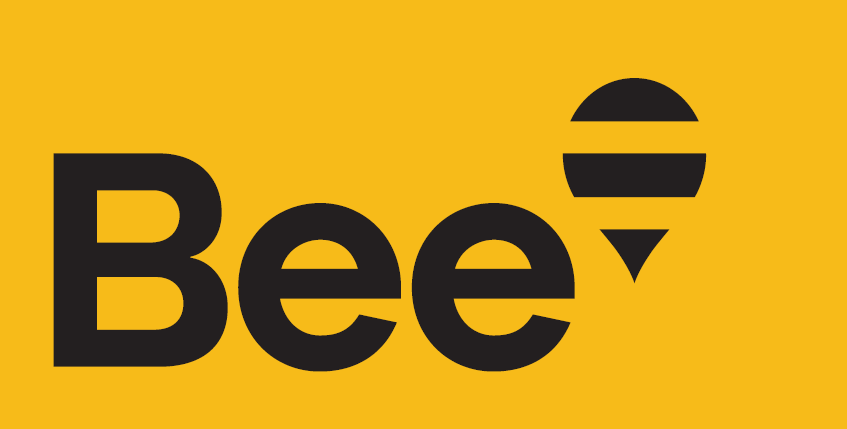The flat fare is a simple fare structure; no matter where you travel across the Dunedin network, a single trip with a Bee Card would be $2 per adult, $1.50 for primary and secondary school students, and SuperGold passengers would have free travel all day.
The proposed cash fare would be $3 per adult for any single trip.
The flat fares would coincide with the launch of the Bee Card, which, like the GoCard, will give passengers the cheaper fares. What’s different is that passengers swipe their Bee Card as they enter and exit the bus and they can top up their card online. The minimum top up will be less too (it’s currently $10 minimum and this will be reduced to $5).
ORC Transport Manager Garry Maloney said a flat fare would make bus travel more convenient and attractive, as well as allow passengers to ease into the Bee Card after many weeks of COVID-19 free bus travel.
“The proposed structure would reduce the cost of weekly travel for many people in Dunedin,” he said.
“It also makes travel very easy to calculate and, because the Bee Card is tag on tag off, passengers will get on and off the bus a lot faster.”
Currently, the lowest fares on the Dunedin network include a single zone at $1.92 for an adult, $1.72 for a student concession and $1.15 for a child concession, all using a GoCard. However, most passengers travel across multiple zones, making the flat fare more affordable. For example, a one-way trip from Mosgiel or Port Chalmers into the Dunedin centre covers three zones and would cost $4.44 for an adult under normal fare rates.
SuperGold card holders would travel free and don’t need a Bee Card yet. Currently, they only travel free between 9am and 3pm on weekdays.
When would these flat fares start?
The next stage is consultation, where we ask you to have your say about the proposed flat fare. To find out how you can tell us what you think, keep a look out on our Facebook page, there will be posters on buses and we’ll also keep you updated in this Bus Talk column. The consultation will be digital but there will be an 0800 number for you to phone and cast your vote with our customer services team.
Pending community consultation, this temporary fare structure would be rolled out across the Orbus network alongside the introduction of the Bee Card toward the end of winter.
At this stage, these fares would be for approximately the next six months.
Bus trips will remain free until the transition to the Bee Card to help avoid confusion in the meantime.
What is the Bee Card again?
The Bee Card will be live across nine regions in NZ and is coming to Otago in a few months. In Dunedin and Queenstown, it replaces the GoCard.
As well as an easy tag on tag off system, it will also offer benefits such as setting up an online profile for topping up and loading child concessions on the card. SuperGold holders will not need a Bee Card while SuperGold fares remain free.
The Bee Card also minimises interactions between the driver and passenger, which has become even more important now under the current COVID-19 physical distancing requirements.
Find out more
You might have a lot of questions that we haven’t answered in Bus Talk. Now that we know the council is happy for us to go ahead and ask the community, we can start to work on getting you answers to questions.
For more information about the Bee Card visit www.orc.govt.nz/public-transport/bee-card otherwise keep an eye out for news in The Star, on buses or Facebook.

